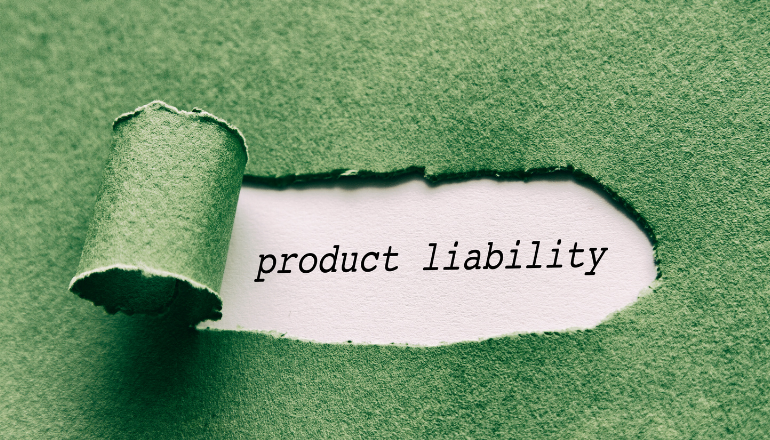All those fancy lines on how the customer is king and should always get the best treatment have us all jumbled up. Product responsibility refers to the provider’s or manufacturer’s fault in delivering defective goods to consumers. In these situations, they are held accountable to their clients and must make amends if a problem develops or harm or injury is inflicted.
The victim, however, will have to demonstrate that no other element was at play and that the damages or injuries they received were a result of that. Georgia is home to a large number of small and large manufacturing enterprises with varying degrees of liability risk. It is dependent on the manufacturer’s level of responsibility.
To pursue a proper amount of compensation, victims can get in touch with an attorney at https://www.cfcklaw.com. Personal injury lawyers can assist in obtaining the necessary proof and paperwork to make the claim credible and presentable. If the product company has wronged them, the company will have to pay individuals a just amount of compensation.
What Are The Principles For Establishing Liability?
- Breach of warranty:
The warranty takes care of a certain standard of food that is to be maintained. It is understood that if the company fails to deliver on the claims and promises they made while marketing their goods, warranty claims are admissible in certain situations.
- Strict accountability
Even if the buyers choose not to register a complaint, the vendor will still be responsible for any harm they cause. It is their primary duty to fulfill the obligation and make sure that the solution is removed properly.
- Wrong understanding:
It is the seller’s or manufacturer’s obligation to provide accurate product information. This includes everything from food contents to manufacturing dates and best-before dates. They risk penalties if they don’t follow through on this.
Does Negligence Play a Role?
It is understood that an inability to fulfill the legal requirements and an inability to provide the desired outcomes can affect the company’s image. Even small mistakes get counted as negligence if you are not careful enough. If a manufacturer or retailer refuses to provide items appropriately and their careless actions hurt their clients, they will probably be held accountable for their actions.
Is There Any Legal Support For These Cases?
- Regulation of agreements:
The agreement that certain laws govern here is between two parties. Here, you will learn how to establish ground rules that benefit both sides. State law serves as its foundation, which is how it reflects tort law. With almost no exception, every state in the US already complies with these standards, which guarantee an orderly sale.
- State laws governing product liability:
States have previously created rules governing product liability. States have laws governing things like the statute of limitations, which sets a time limit for making claims and how they will handle the situation. Once that time is crossed, no matter how valid the claim is, if the time has passed, the claim will not be processed further.
- Tort law
These rules apply when the person who was the victim of defective products suffers harm or losses. Typically, the objectives of tort laws are to make up for the losses suffered by the victims and discourage others from making the same mistakes twice.
Nonetheless, there are specific situations in which the accused may face punishment or imprisonment. In addition, the victim can file a lawsuit against the manufacturer or business for damages.
Medical expenses, suffering, missed income, and other damages are some of the losses that can be recouped through compensation. Future potential will be considered in addition to the existing situation when determining compensation.

